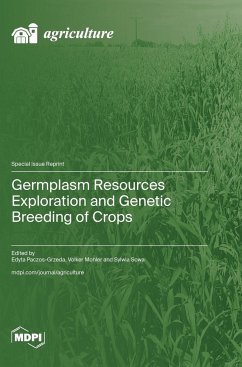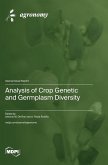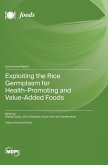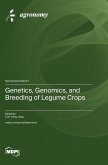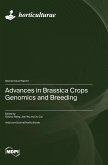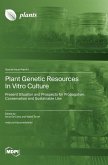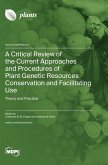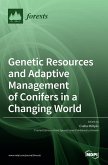The rapidly changing global climate has a detrimental impact on agriculture and jeopardizes global food security. Due to changes in the environment, plant breeders are forced to create new and improved cultivars that are more resilient to biotic and abiotic stressors. To adapt to increasingly demanding and changing environments, crops' genetic diversity must be preserved and conserved in genebanks worldwide. The availability of useful and properly characterized genetic variation is one of the core parameters for securing genetic gains in plant breeding programs. This may be accomplished by using sophisticated molecular, biochemical, and physiological techniques for the extensive phenotyping and genotyping of genebank collections, wild species, historical cultivars, landraces, and breeding materials. This Special Issue highlights aspects of "Germplasm Resources Exploration and Genetic Breeding of Crops" and focuses on a variety of ideas, concepts, and strategies aiming to accelerate plant breeding through the exploration of germplasm resources.
Hinweis: Dieser Artikel kann nur an eine deutsche Lieferadresse ausgeliefert werden.
Hinweis: Dieser Artikel kann nur an eine deutsche Lieferadresse ausgeliefert werden.

